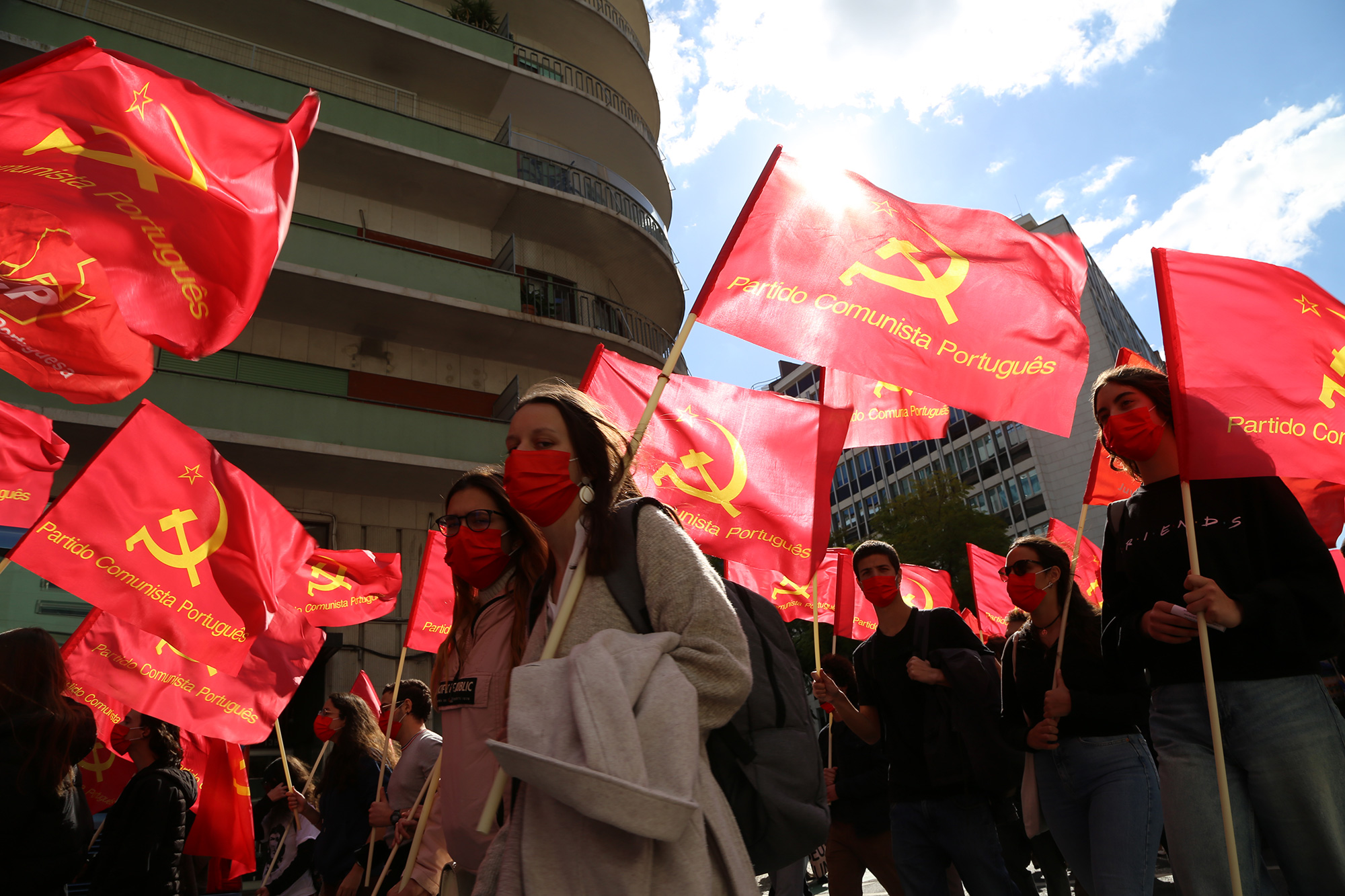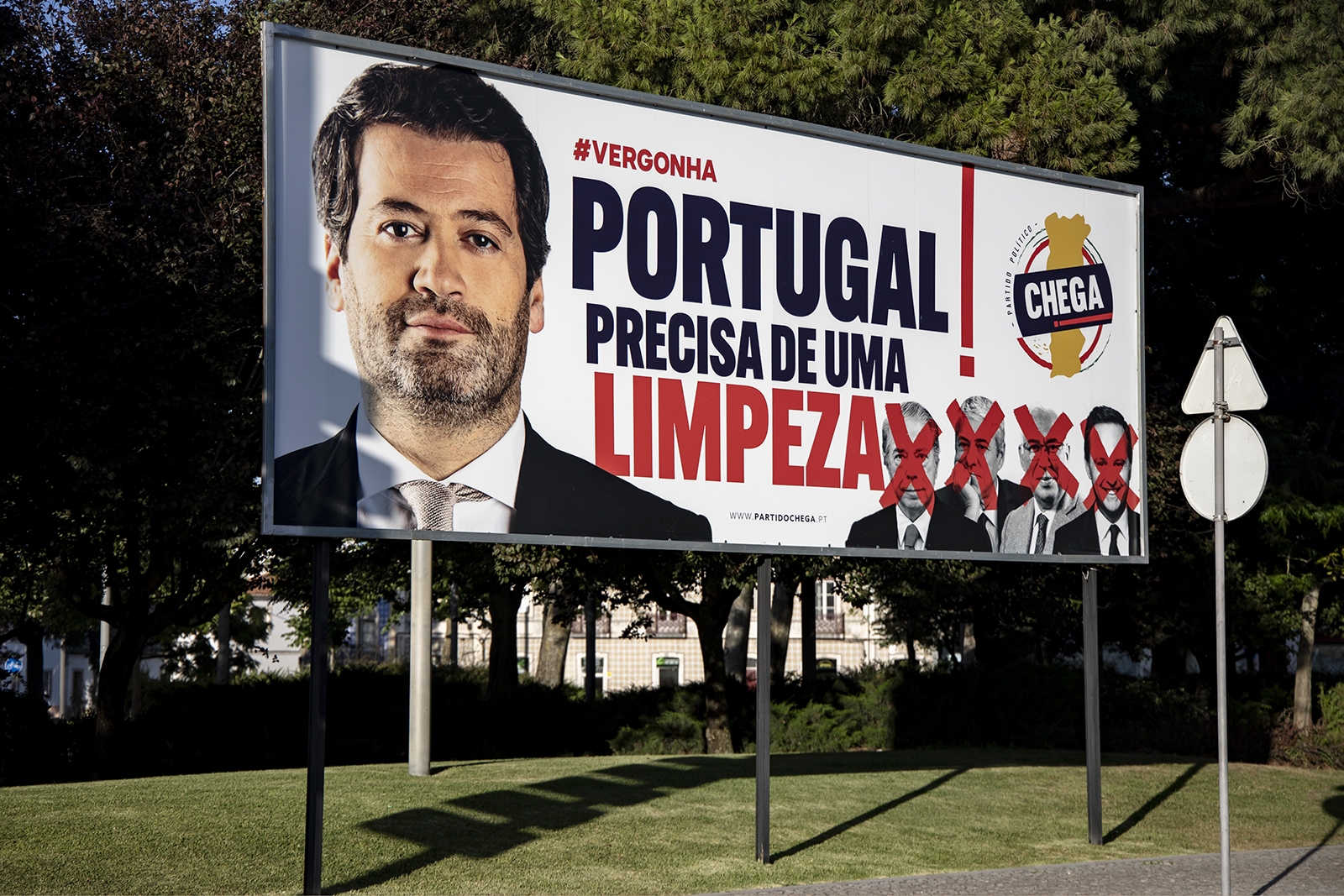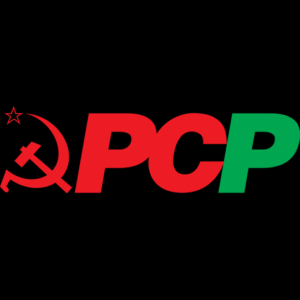Additionally, the party is, of course, opposed to immigration, generally sceptical of the EU, and focused on crime, for which they demand much tougher measures (a membership vote a few years ago narrowly rejected the reinstatement of the death penalty). Party leader André Ventura, who previously commented on football on TV, is strongly critical of Islam and Roma people, and the party is against restitutions for former Portuguese colonies. Consequently, the party is often accused of racism and antiziganism. In particular, concern has been raised regarding the extremism within the party’s youth movement. Anti-racist demonstrations have been organised (against which Chega itself has organised counter-demonstrations with the theme “there is no racism in Portugal”).
The party is conservative on social issues. The party leader, André Ventura, has said that he personally is opposed to abortion as well as bull fighting, while not aiming to outlaw either. It has campaigned against mixed-gender bathrooms in schools. Chega is also softly eurosceptic.
Economically, the party is far to the right, with a strict fiscal conservatism. Chega wants a greatly reduced state with essentially abolished redistribution. In the presidential campaign 2023, Ventura said he did not aspire to be president for “all Portuguese” but only “the good Portuguese.” This excluded not only criminals but also welfare recipients (who are often equated with Roma in rhetoric). However, in the campaign for the March 2024 elections, Chega promised higher salaries, increased minimum wage and pensions and better conditions for workers while also cutting taxes.
The Portuguese right is divided on whether to cooperate with the populists or not. The PSD has been reluctant towards cooperation with Chega: “As a matter of principle, the PSD will never make a political agreement with someone who has policies, opinions, which are often xenophobic, racist, populist, excessively demagogic,” PSD-Leander Montenegro told Chega leader Ventura in a televised debate in February 2024.
The minor coalition partners of PSD, the conservative CDS, are however in favour of forming a coalition. There is also a media debate on whether it is racist to, as former socialist Prime Minister Pedro Passos Coelho did in the election campaign, link increased immigration with insecurity.







